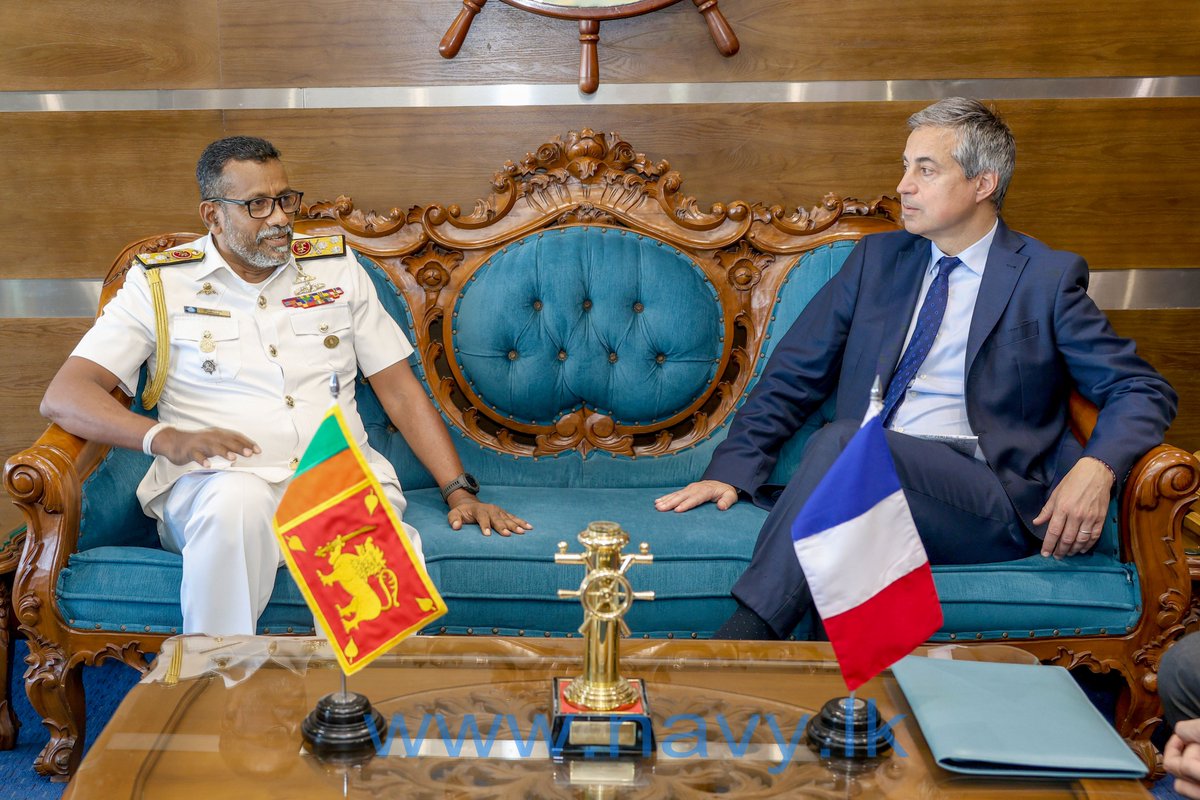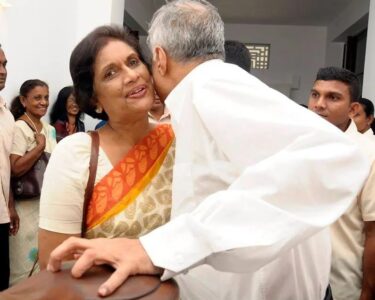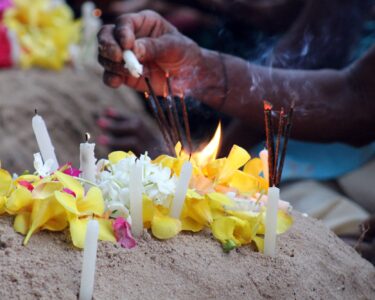France’s commitment to combat Illegal, Unreported, and Unregulated (IUU) fishing in the Indian Ocean, through collaboration with the Indian Ocean Rim Association (IORA), takes a comprehensive approach encompassing not only environmental concerns but also strategic partnerships and regional security.

In the context of geo-political strategy the indian ocean is becoming a contested territory and France is expressing it’s interest.
French Ambassador for Indo-Pacific, Marc Abensour, revealed the government’s concerted efforts during discussions with a select group of media representatives. Emphasizing the urgency to tackle issues like illegal fishing and trafficking, Ambassador Abensour highlighted the collaboration with Sri Lanka, the current Chair of IORA, a prominent inter-governmental organization fostering regional economic cooperation.
Potential Implications:
France’s increased involvement in the Indo-Pacific region holds several implications, reflecting the evolving geopolitical landscape and France’s strategic interests. Here are some potential implications:
Strategic Presence: France’s active engagement in the Indo-Pacific enhances its strategic presence in the region. This includes maintaining military bases, such as those in Djibouti and the Emirates, contributing to regional stability and strengthening France’s influence in key maritime areas.
Security and Defense Cooperation: France’s commitment to combating illegal fishing, promoting maritime security, and establishing a Maritime Security training center in Sri Lanka demonstrates a focus on security and defense cooperation. This could foster alliances with regional partners and contribute to the overall stability of the Indo-Pacific.
Economic Partnerships: The Indo-Pacific is a vital economic hub, and France’s involvement signals its interest in fostering economic partnerships. Collaborative efforts within organizations like the Indian Ocean Rim Association (IORA) may lead to trade agreements, economic development projects, and increased connectivity in the region.
Environmental Initiatives: France’s support for programs on climate change and addressing plastic waste aligns with growing global concerns. By actively participating in environmental initiatives in the Indo-Pacific, France contributes to sustainable development and demonstrates its commitment to addressing shared challenges.
Geopolitical Balancing Act: France’s Indo-Pacific strategy allows it to balance its geopolitical interests, especially in light of global uncertainties. The region’s significance in terms of trade, security, and geopolitical dynamics makes it crucial for major powers, and France’s active involvement can be seen as a way to balance influence in the face of changing alliances.
Partnerships in Multilateral Organizations: France’s commitment to organizations like IORA reflects its dedication to multilateralism. Active participation in these forums enables France to collaborate with regional nations on a range of issues, from security to economic development, contributing to a rules-based international order.
Naval Power Projection: France’s sizeable Exclusive Economic Zone (EEZ) in the Indian Ocean, along with its naval presence, enables power projection. This not only safeguards France’s interests but also positions it as a key player in ensuring the safety of vital sea lanes and communication routes.
Navel Training School:
France’s proactive approach towards IORA is evident in its increased commitment, earmarking three million Euros for the next few years.
During his visit to Sri Lanka, Ambassador Abensour discussed plans with Navy Commander Vice Admiral Priyantha Perera to establish a Maritime Security training centre in Trincomalee. This initiative aims to contribute to the maritime security architecture across the Indian Ocean by providing practical training on maritime security and safety. The training center may also attract students from neighbouring countries for practical training on maritime security.
Jean-François Pactet, France’s Ambassador to Sri Lanka and Maldives, affirmed that the modalities of setting up the training school are actively being worked out. He highlighted Sri Lanka’s growing importance as a partner in France’s approach to the Indo-Pacific.
Ambassador Abensour, reflecting on France’s interest as a resident nation in the Indo-Pacific, emphasized the country’s substantial Exclusive Economic Zone (EEZ) in the Indian Ocean. With military bases in Djibouti and the Emirates, France deploys around 4,000 military personnel across the Indian Ocean, contributing to regional stability and safeguarding vital sea lanes of communication, as well as underwater cables.







